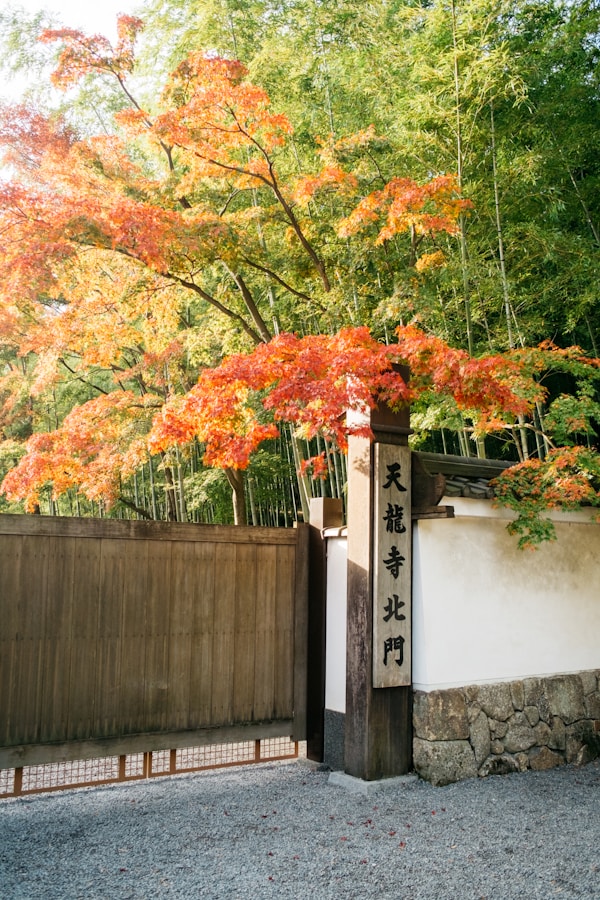.svg)
The Renovations That Actually Add Value in Japan
.svg)
.svg)
.svg)

Unclear ownership can block your akiya purchase. Learn how to check if a Japanese property has an unregistered owner—and what steps to take to resolve it.
.jpg)

Buying real estate in Japan can be an exciting opportunity—but for those exploring akiya homes in rural areas, one common challenge is ownership uncertainty. Some properties are in legal limbo, with no clearly registered or reachable owner. This is especially common in homes that have been vacant for decades or passed down informally through generations. So how can you check if a Japanese property has an unregistered owner—and what can you do about it?
.jpg)
What Does “Unregistered Owner” Mean in Japan?
In Japan, property ownership must be registered through the Legal Affairs Bureau (法務局 or houmukyoku) in order to be officially recognized. However, it’s not legally required to update this information after inheritance, so it’s common for rural properties to remain registered under a deceased family member’s name for years—or even decades.
An “unregistered” or “unclear” owner situation typically means:
These issues can delay or prevent sales, especially if no one is willing or able to complete the legal transfer process.
Step 1: Get the Property’s Address or Land Number
To check ownership, you’ll first need either:
These can usually be found on:
Sometimes, you may need to go to the city or town hall to request the parcel number.
Step 2: Visit the Legal Affairs Bureau (Houmukyoku)
With that information, visit your local Legal Affairs Bureau. This is the office responsible for maintaining the real estate registry in Japan.
You can:
Note: this process is typically conducted in Japanese and requires an in-person visit. Fees are usually around 300–600 yen per record.
Step 3: What If the Owner Is Deceased or Missing?
If the record shows that the owner is deceased or hasn’t updated their contact information in decades, the property likely has succession issues.
In that case:
If this step is skipped, you won't be able to complete a legal transfer or register yourself as the new owner.
Step 4: Use a Bilingual Liaison or Legal Support Service
Foreign buyers often run into trouble navigating this process without fluent Japanese. That's where services like Old Houses Japan can help.
We:
Final Thoughts
Checking if a Japanese property has an unregistered owner is a critical first step in any akiya purchase. While these situations can be resolved, they require time, documents, and often the cooperation of multiple family members. Without it, your dream home could remain out of legal reach.
Before falling in love with a fixer-upper, make sure its paperwork is just as solid as its bones. For expert help verifying ownership and navigating Japan’s property laws, get in touch with the team at Old Houses Japan.
Start your journey with Luxey today! Sign up for free and get instant access to the best property listings.



